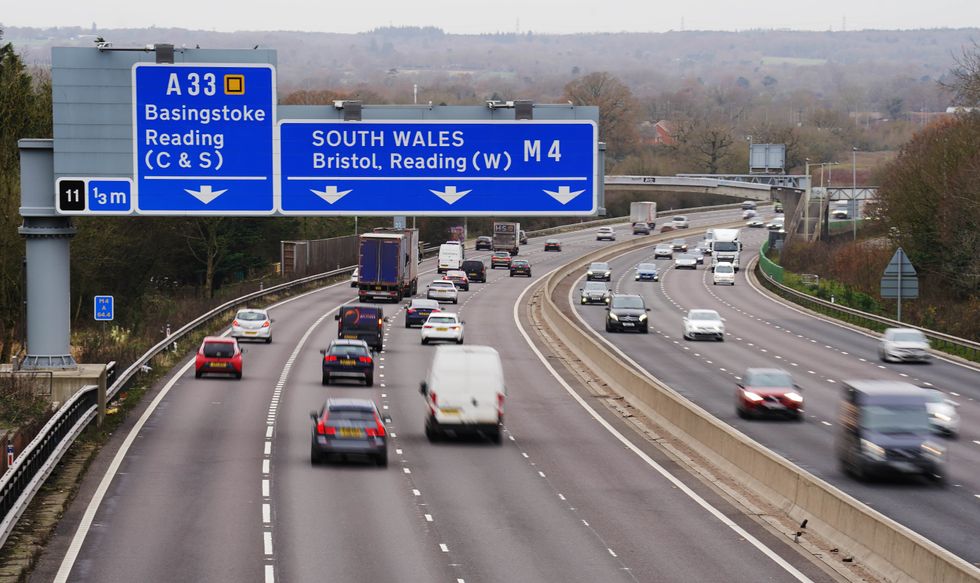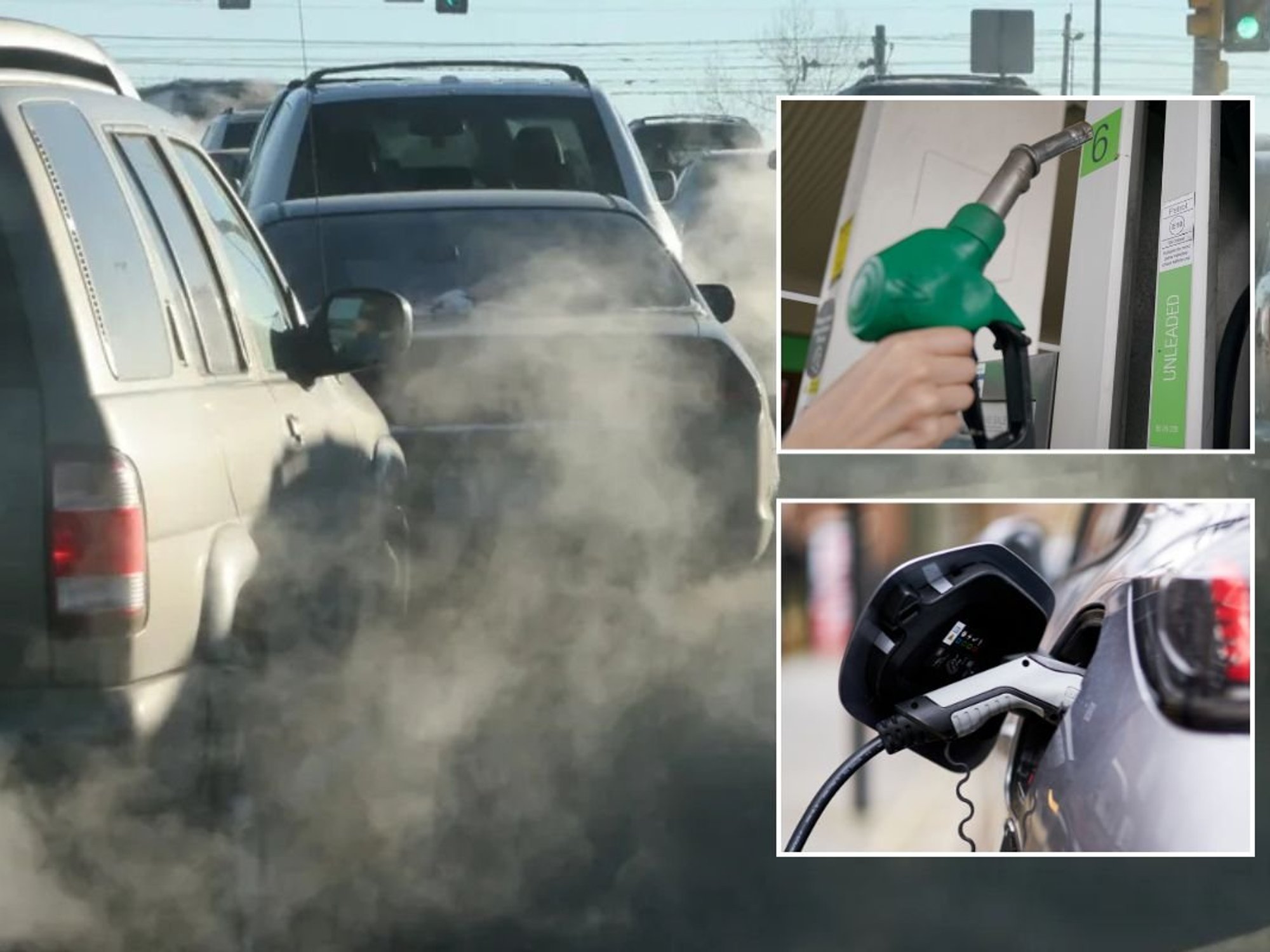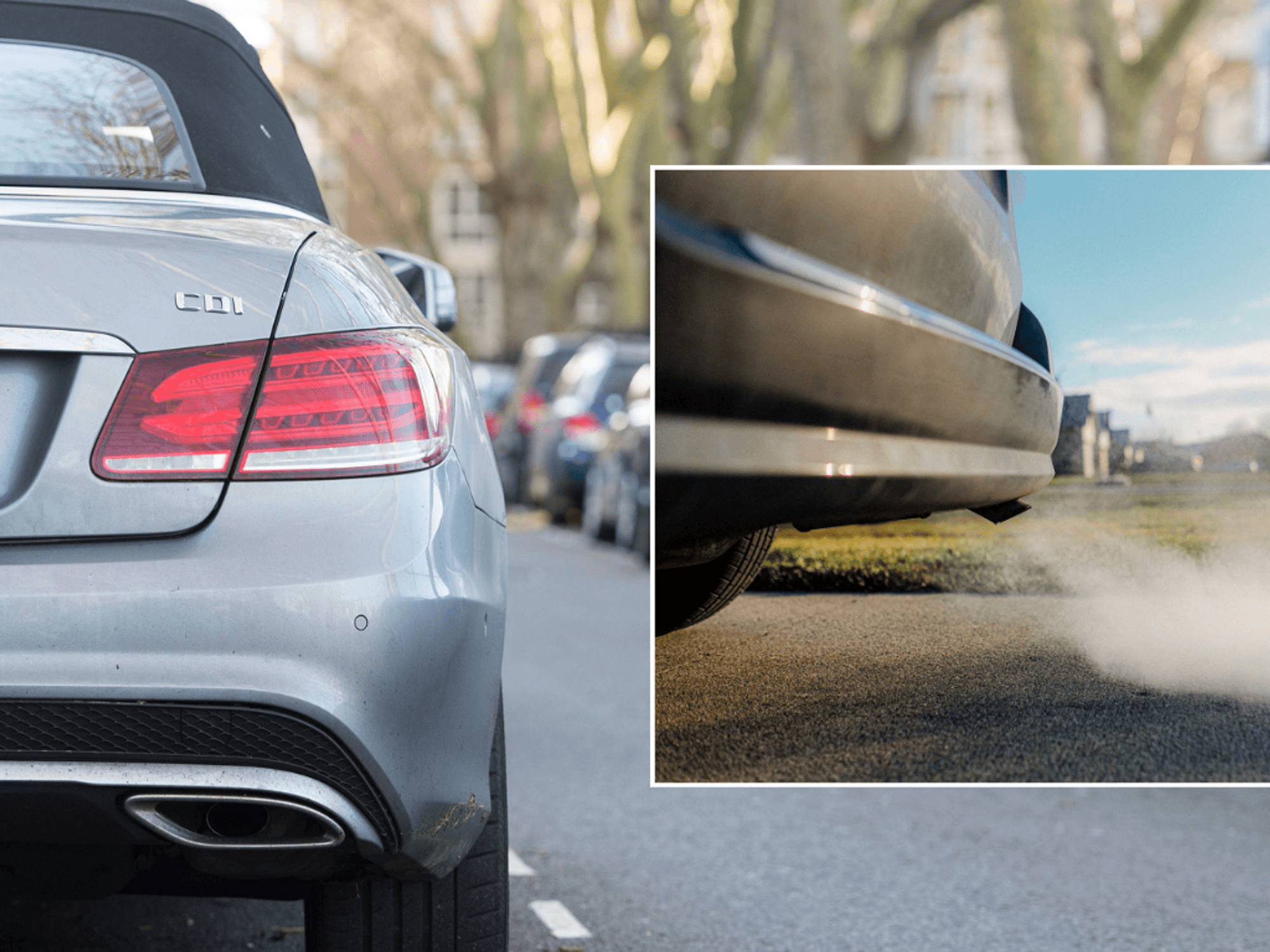Drivers could face new measures using 3D radar and AI technology in road and motorway trials

The shortlisted organisations will now get up to £30,000 in funding
Don't Miss
Most Read
Trials aimed at helping drivers reduce hazards on motorways and major A roads have begun across England.
National Highways is set to provide £90,000 funding to companies dedicated to improving road safety for drivers and pedestrians alike.
The agency selected nine different companies that have been tasked with trialling different strategies to reduce road hazards.
One of the trials will focus on using artificial intelligence to monitor roads and can be used by traffic control centres, traffic officers or inside inspector vehicles.
Do you have a story you'd like to share? Get in touch by emailing motoring@gbnews.uk

National Highways is set to provide £90,000 funding
| PAJames Gibson technology programme and portfolio manager at National Highways, said: “We reached out to find new and innovative ways to help improve the safety of people who use or work on our roads – and we weren’t disappointed.
“We had some fantastic submissions and it wasn’t easy whittling the list down to nine.
“But we are very optimistic that these schemes will be able to improve safety and help prevent people coming to harm on our roads. I look forward to seeing these ideas develop.”
The technology aims to address issues including potholes and subsidence, flooding and extreme weather, obstructions, unsafe driving behaviour and incidents on the road network.
National Highways said it is working with Connected Places Catapult on the project.
The shortlisted organisations will now get funding of between £15,000 and £30,000 to design their trials. The projects will then be whittled down to five and those projects awarded up to £60,000 to deliver their trials.
The nine projects which have received funds include Esitu Solutions which will be developing a virtual reality training course as a downloadable app for the Meta Quest headset to promote safer and more considerate driving.
VESOS, another project in testing, is developing TeCall which will automatically send data after a collision to help better predict future incidents.
PRAM is an integrated solution that predicts weather-related and surface condition hazards on the network and is based on 3D radar technology widely used in the automotive industry.
VivaCity sensors provide data on interactions between road users, enabling a quicker response to an increased rate of near misses.
Erika Lewis, chief executive at Connected Places Catapult, said: “We’re very pleased to be working alongside National Highways to support these small businesses to develop proposals to trial their technologies.
“By bridging the gap between small businesses and large infrastructure clients we’re able to support the development of fresh ideas and support the commercialisation of new technologies.”
LATEST DEVELOPMENTS:
- Car tax change could help British drivers avoid 'significant' costs as two million make the switch
- Bentley delays switch to electric cars as boss slams Labour plans to reinstate 2030 petrol and diesel ban
- Older motorists warned of driving licence update that may see them banned from using certain vehicles

Hazards which the tech hopes to address includes potholes and subsidence
| GETTYRoadside Technologies said it is developing an automated hazardous object detection solution using the latest in sensing technology, to improve road user safety and enable smoother journeys through temporary work zones on roads.
Meanwhile, CrossTech has developed a stopped vehicle detection verification system called Hubble.











